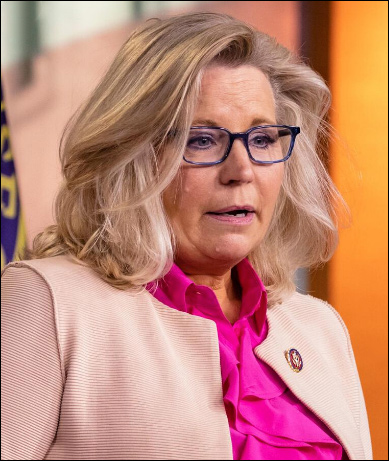By Jim Ellis
July 30, 2021 — The University of California at Berkeley’s Institute of Governmental Studies released their latest Golden State survey that finds Gov. Gavin Newsom’s (D) strength in the upcoming recall election dissipating.According to UC Berkeley, among likely voters, 47 percent would vote to recall Gov. Newsom and 50 percent would not, clearly the closest ballot test result seen to date. The recall election is scheduled for Sept. 14, and voters will first choose whether to remove the governor from office before choosing a replacement among 46 ballot qualified candidates. The replacement candidates’ votes count only if a majority supports removing the subject from office, in this case Gov. Newsom.
The Berkeley poll (July 18-24; 5,795 registered California voters; 3,266 likely California recall election voters, online) finds Newsom in trouble only among likely voters, those screened as almost certain to participate in the recall election. Within the entire polling sample, he returns to safe territory as the respondents break only 36-51 percent for removing him from office.
The major difference is partisanship. The parties, as one might guess, break in polarized fashion. A total of 91 percent of Democrats would vote against the recall while 95 percent of Republicans favor removal.
The independent and minor party sectors become interesting, however. Among the large No Party Preference group, 46 percent would vote to recall Newsom and 50 percent would not. The combined minor parties, which only account for approximately six percent of the electorate are breaking hard for the recall position. Within the minor party segment, 68 percent would vote to remove as compared to only 30 percent supporting the retain option.
Among Republicans, 90 percent say they are enthusiastic about the election, while 58 percent of Democrats say the same. Among the substantial segment in the “No Party Preference” or independent category, 53 percent say they are enthusiastic.
The polling analysis suggests that the governor’s fundamental problem is that Democrats are “almost unanimous” in their belief that he will win the recall election. This substantially explains the Democrats’ lack of solid enthusiasm for the irregular Sept. 14 stand-alone election.






